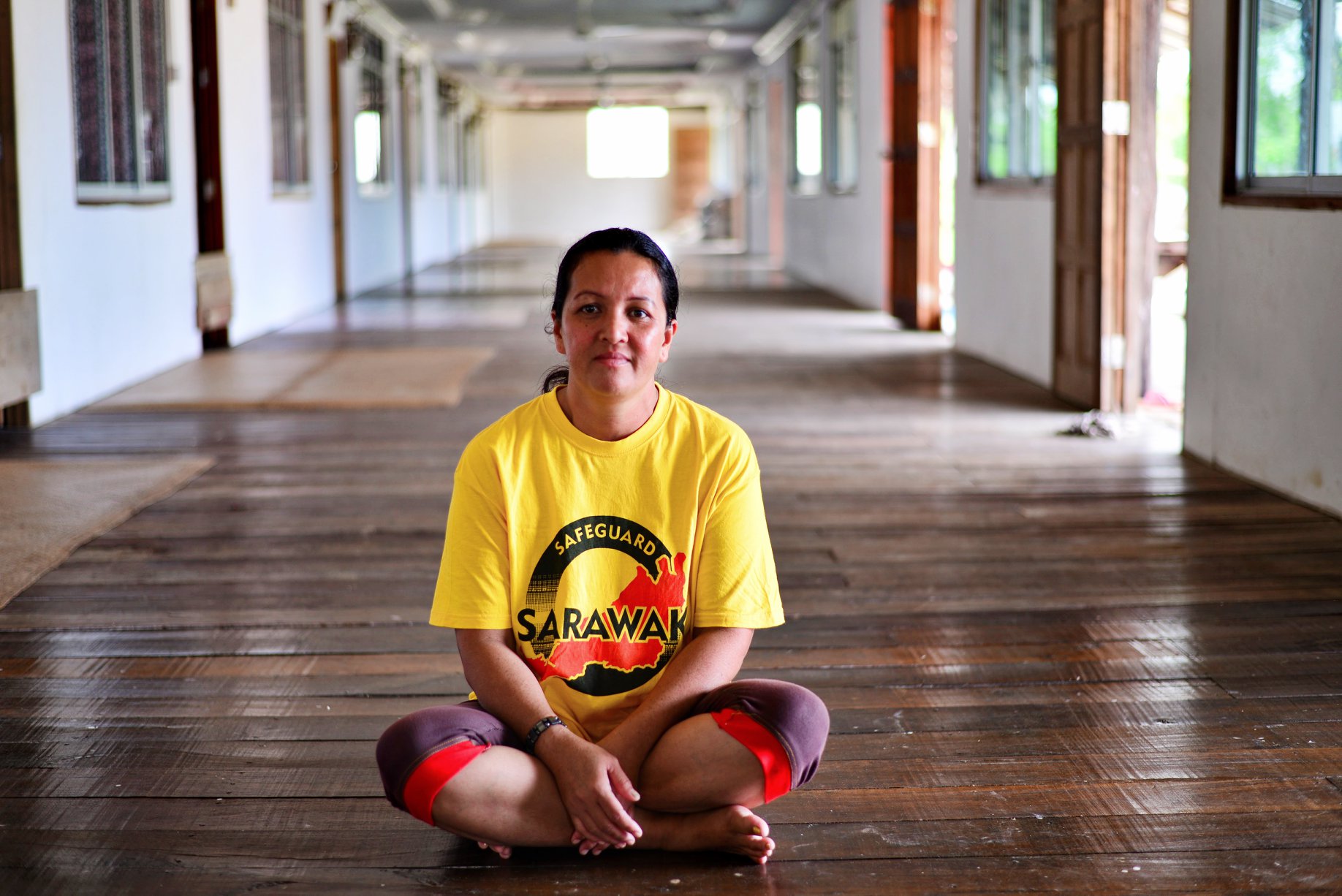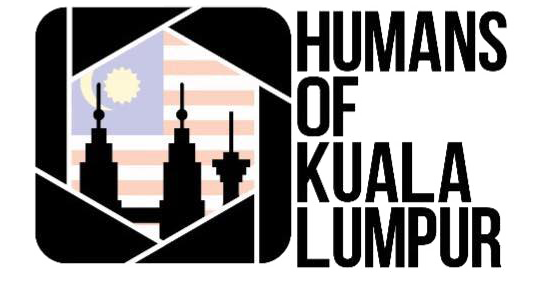“Saya sudah cerai. Tak sama haluan. (I’m divorced, our paths were not the same). I’m 27. Not many people from this kampung get divorced, it’s rare.
Our generation and our mother’s generation are very different. They had 5 kids. I don’t know how many kids I’ll have. They had more ‘sehaluan’, more, balance.
Last time it wasn’t difficult for them to find their way through life, now it’s hard, because even the men are lazy, and it’s them who wants to stay at home. That’s the difference.
Back then, its the husbands who wants to and go to work.
Now, today, its the reverse, they don’t want to work and mereka suruh isteri kerja (they ask their wives to work), but they don’t go to work.
That’s how its like around here. Its weird. Like this grandmother here, her children work – but her husband stays at home. The grandmother takes care of the kids. Of course she gets angry.
Now there is no longer much arranged marriage, we still choose who we’d get married to. They also wear their traditional outfits. Iban people marry at the longhouses, and sit on top of the ‘gong’. They call it the gong tawak. Then we make them wear ayam – as in they take the live chicken, and move it around. Its their adat”.
__________________________
– Humans of Kuala Lumpur went with the United Nations Population Fund (UNFPA Malaysia) into the jungles of Sarawak, where they were helping out underprivileged Sarawakians and orang asal in their mission to deliver a world where every pregnancy is wanted, every childbirth is safe and every young person’s potential is fulfilled.
For the next week, Humans of KL, as the biggest storytelling platform in Malaysia covering all the states as its capital, will feature the amazing stories and challenges faced by these Malaysians.



